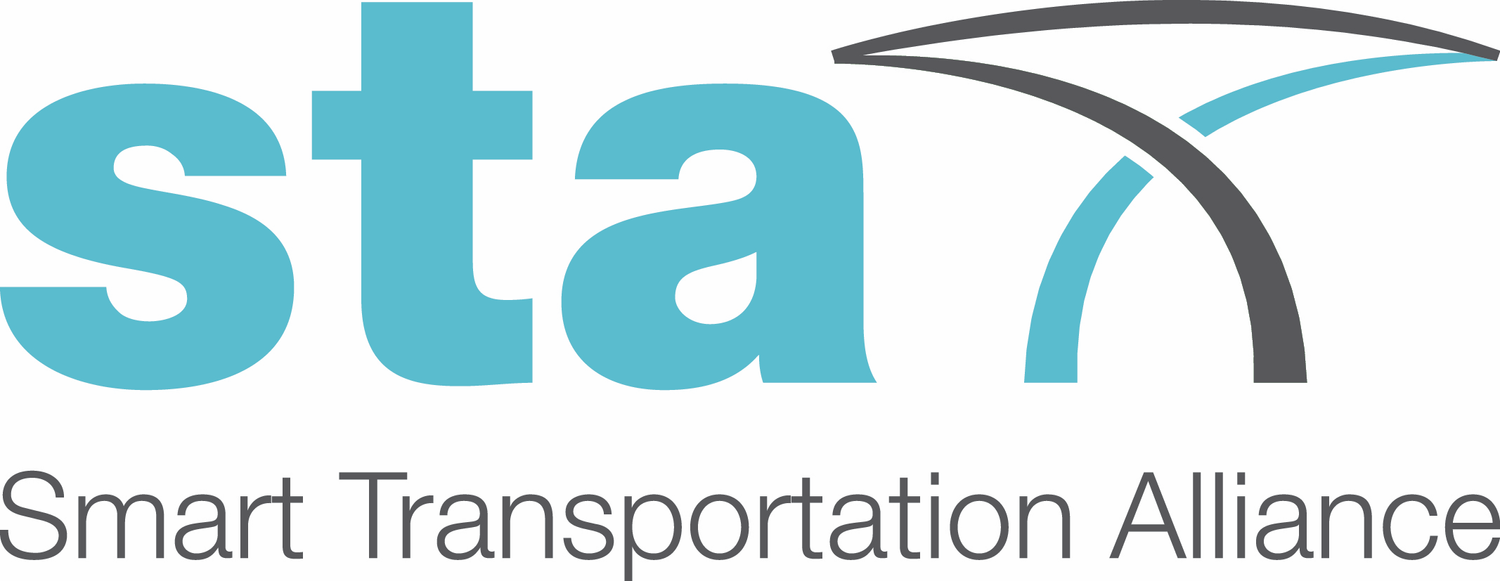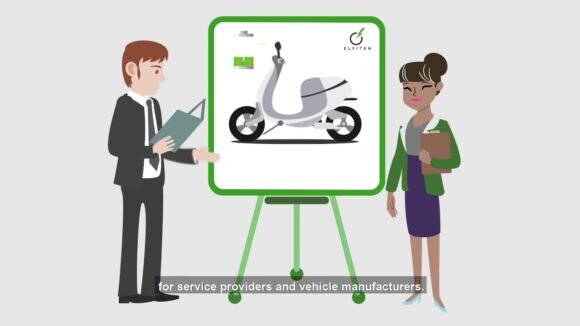STA Newsletter
Issue # January - February 2020
A bi-monthly online journal providing news and background about activities undertaken by STA with a view to improving the methods, technologies and standards associated to transportation infrastructures.
Belgian organisation COPRO becomes new STA Member
STA welcomes COPRO as a new STA Member organisation. Based in Zellik (Belgium), COPRO is a neutral, non-profit-making entity dedicated to organising, coordinating, harmonising and promoting quality in the construction sector, particularly by means of quality control on construction products and how they are treated.
COPRO’s vision is to step up a gear the general quality of infrastructure projects…
STA General Meeting 1/2020 held on 21 January 2020
The first STA General Meeting of the year served to review the progress and achievements made during 2019, and in addition approve the work plan for 2020.
In addition, the STA membership re-elected the Management Committee serving for the period 2018-2019 for a new two-year mandate (2020-2021).
The governance structure of STA can…
“Self-healing and self-cleaning technologies (e.g. applied to coatings, pavements or bridges) will enhance faster and better-planned quality control systems.”
NEWS OF INTEREST
Accelerating the Market Uptake of CAVs: the PAsCAL project
PAsCAL is a 3-year project co-funded by the EU's H2020 Programme that spans from June 2019 to May 2022. It aims to create the so-called “Guide2Autonomy”, a set of guidelines and recommendations aimed at accelerating the user-friendly evolution of Connected and Autonomous Vehicles (CAVs) , as well as at educating future CAVs drivers, passengers and other road users.
Within a 13-partner consortium, STA Member Etelätär Innovation leads the set-up, deployment and monitoring of a series of pilots on:
High-capacity autonomous bus operations.
Autonomous driving training.
Smart emergency responses.
Shared connected transport.
Experience of vulnerable travellers with connected transport environment.
First Online Congress of Sustainable Urban Mobility (COMUS) to be held on 20 April 2020
The first Online Congress on Sustainable Urban Mobility (COMUS) will be held on 20 April 2020. This event will tackle the coming revolution in transport systems, urban planning and new mobility trends.
The first Online Congress of Sustainable Urban Mobility will offer an arena of debate with more than 50 experts in the field of sustainability, innovation and current mobility trends in the world of transport, urban planning associated with mobility, current technology and various mobility areas.
The event will be 100% online and attendance is free. All the information of the Online Congress on Sustainable Urban Mobility is available here (in Spanish).
ELVITEN survey now open: Tell us what you think of light electrified vehicles for urban transportation
ELVITEN, Electrified L-category Vehicles Integrated into Transport and Electricity Networks, is a 3-year project co-funded by the EU's H2020 Programme that spans from November 2017 to October 2020. The project demonstrates the usefulness of light electrified vehicles for urban transportation, with a focus on bicycles, scooters, tricycles and quadricycles (EL-Vs).
The project is conducting an online survey to study user perceptions and experiences of electric vehicles. If you are an electric vehicle user (including electric bicycles/three wheelers) or have interacted with other electric vehicle users in your daily commute, you are kindly invited to participate in the survey, which can be accessed at https://leeds.onlinesurveys.ac.uk/elv-survey
The deadline for your response is 23rd March 2020. The survey should take no longer than 15 minutes and your participation will be highly appreciated.
Infrastructure Innovation to Achieve the UN Targets by 2030
The iRAP Innovation Workshop 2020 held on 17-18 February 2020 in Stockholm (Sweden) co-hosted by iRAP, the World Bank GRSF and ITF with the support of the FIA Foundation and UKaid, has been the official pre-Event for 3rd Global Ministerial Conference on Road Safety. Delegations from more than 100 countries attended. Representatives from the world of industry and research, international institutions and other global organisations also participated. The conference goal was to reach global consensus on guidelines for continued international collaboration on road safety up to 2030.






